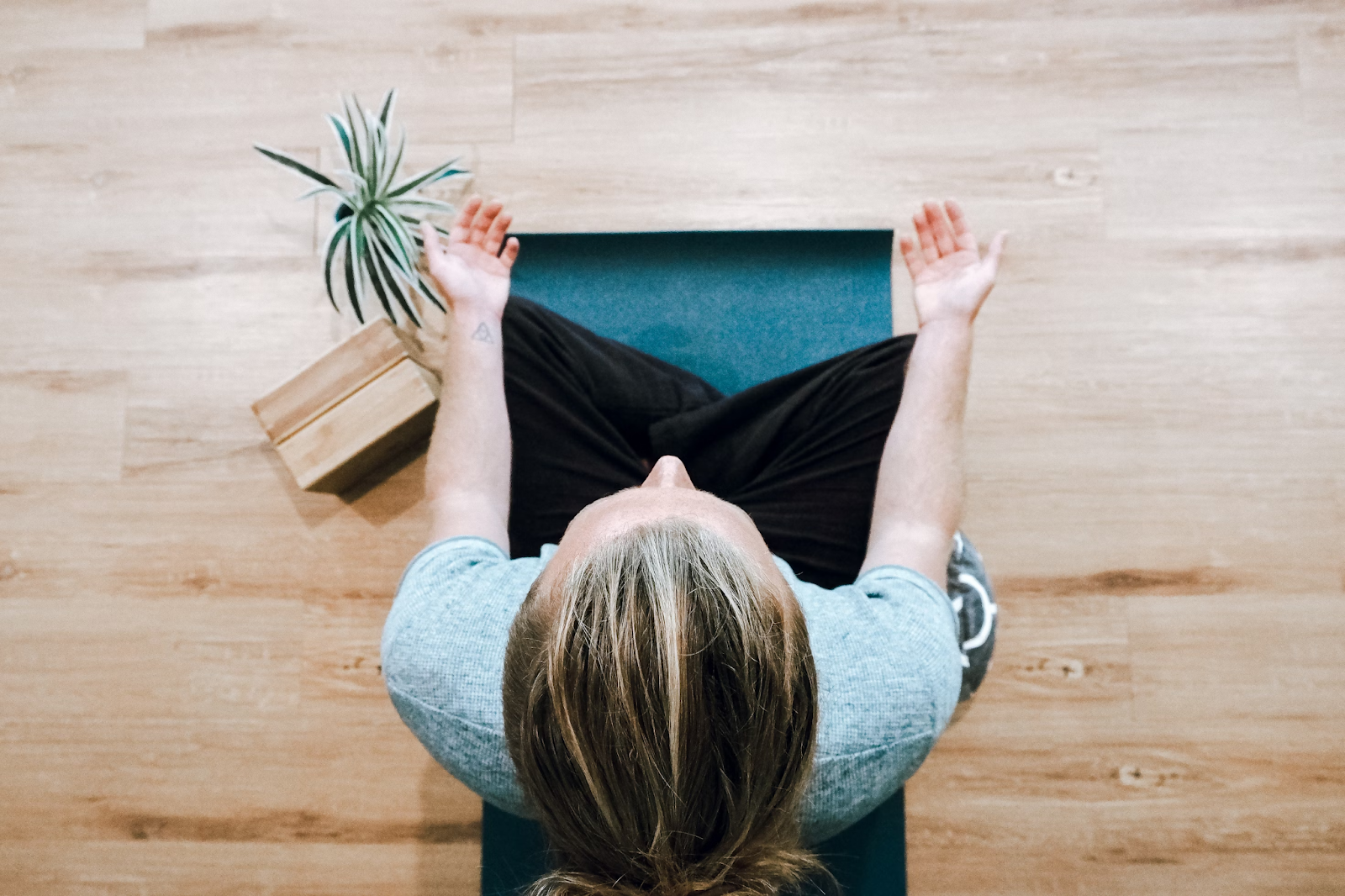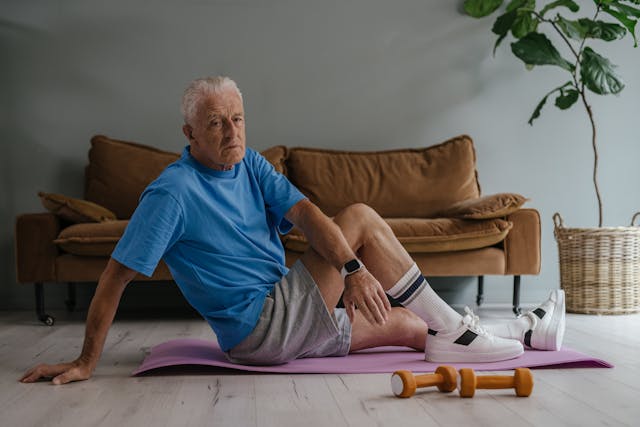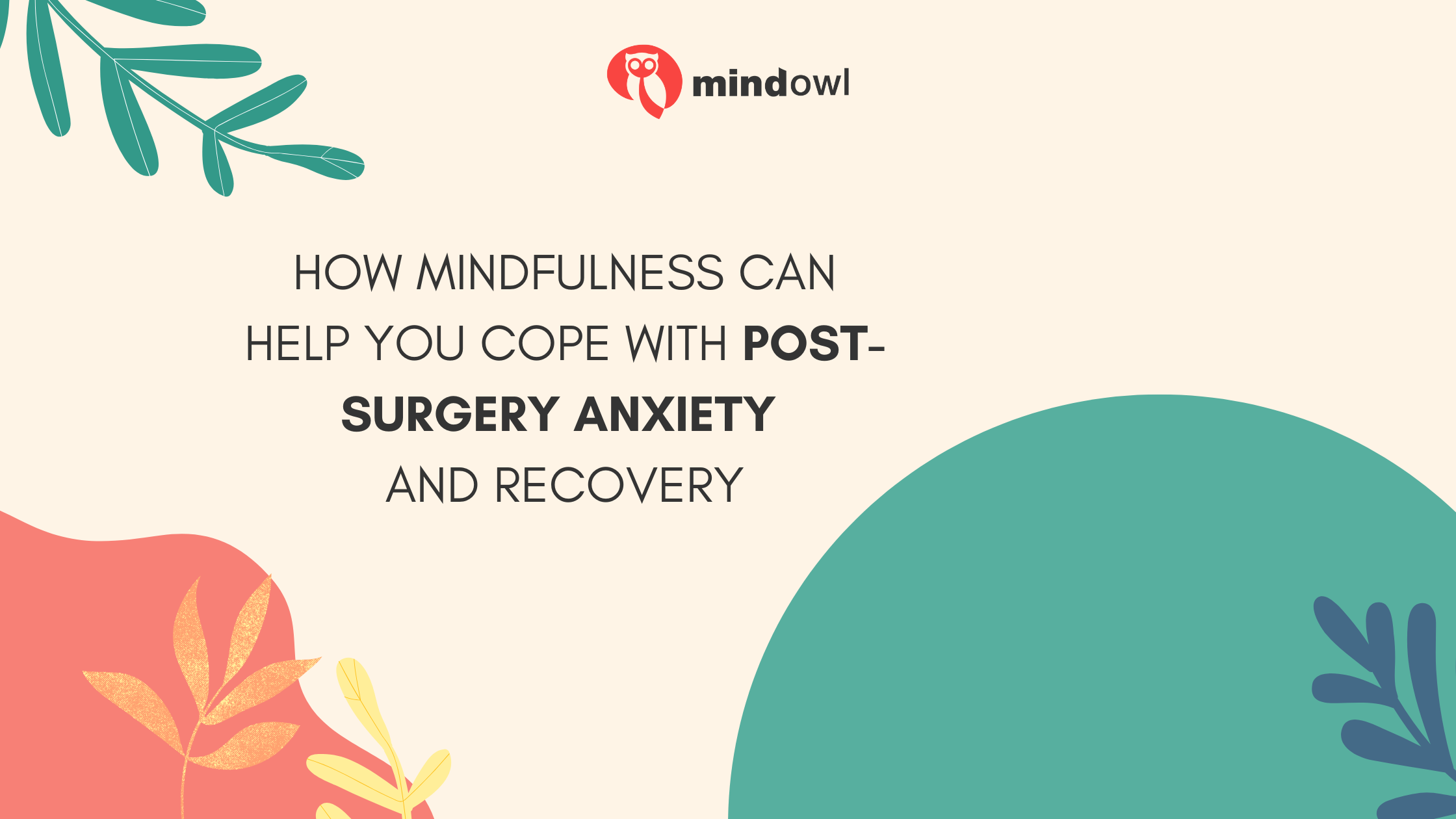
Photo by Katerina May from Unsplash
Recovering from surgery can be a daunting experience, often accompanied by a surge of anxiety and uncertainty. The hours and days following an operation are filled with physical discomfort and emotional stress, making the healing process feel overwhelming for many patients.
Amidst this challenging time, mindfulness offers a beacon of calm and resilience. By fostering present-moment awareness and promoting relaxation, mindfulness techniques empower individuals to navigate their recovery with greater ease and mental clarity. Embracing these practices can transform the post-surgery journey, enhancing both emotional well-being and physical healing.
Understanding Post-Surgery Anxiety
Undergoing surgery is a significant life event that often triggers a range of emotions, with anxiety being one of the most common responses. Post-surgery anxiety encompasses feelings of fear, worry, and unease that patients experience after an operation. This anxiety often arises from pain management worries—about pain itself, surgery success, and recovery.
Several factors contribute to heightened anxiety levels following surgery. Physical discomfort and the side effects of anesthesia can exacerbate feelings of unease. Additionally, specific experiences, such as blurry vision after cataract surgery, can intensify anxiety as patients navigate temporary impairments and adjust to changes in their daily lives. The fear of potential complications or a prolonged recovery period also plays a significant role in elevating stress levels.
The impact of post-surgery anxiety extends beyond emotional distress. High anxiety levels can interfere with sleep, reduce the ability to follow medical advice, and even slow down the physical healing process. Chronic anxiety may weaken the immune system, making the body more susceptible to infections and other postoperative complications. Understanding the roots and repercussions of post-surgery anxiety is crucial for developing effective coping strategies that support both mental and physical recovery.
The Role of Mindfulness in Recovery
Mindfulness is the practice of being nonjudgmentally aware of your thoughts, emotions, and experiences in the present. Rooted in ancient meditation traditions, mindfulness has gained significant attention in modern healthcare for its therapeutic benefits.
By focusing on the here and now, individuals can break the cycle of negative thinking that often fuels anxiety, particularly after surgery. This present-moment awareness helps patients detach from worries about the future or regrets about the past, creating a mental space where healing can begin.
It helps reduce stress by lowering cortisol levels, which in turn diminishes the physical manifestations of anxiety such as increased heart rate and muscle tension. Moreover, mindfulness promotes emotional regulation, enabling patients to manage their feelings more effectively and maintain a sense of calm amidst the uncertainties of post-surgical healing.
Incorporating mindfulness into post-surgical care supports emotional well-being and contributes to more effective and holistic physical recovery. This increased body awareness can lead to better adherence to rehabilitation protocols and a more proactive approach to healing. Additionally, mindfulness fosters resilience, empowering individuals to navigate the challenges of recovery with greater ease and confidence.
Mindfulness Techniques for Anxiety Management
Managing anxiety during the post-surgery recovery period is crucial for both mental and physical healing. Mindfulness offers a variety of techniques that can help patients stay grounded, reduce stress, and enhance their overall well-being. Incorporating these practices into daily routines can make a significant difference in how individuals cope with the challenges of recovery.
Meditation
Meditation is a foundational mindfulness practice that involves focusing the mind and eliminating distractions. By setting aside a few minutes each day to meditate, patients can cultivate a sense of inner peace and clarity.
Simple meditation techniques, such as sitting quietly and concentrating on the breath, can help center the mind and reduce the constant stream of anxious thoughts.
Regular meditation practice has been shown to lower stress levels, improve emotional regulation, and increase resilience, making it an effective tool for managing post-surgery anxiety.
Guided Breathing Exercises
Guided breathing exercises are another powerful mindfulness technique that can quickly alleviate feelings of anxiety. These exercises involve consciously controlling the breath to promote relaxation and calm the nervous system.
For example, the 4-7-8 breathing technique—where you inhale for four seconds, hold your breath for seven seconds, and exhale for eight seconds—can help reduce your heart rate and create a state of calmness.
By practicing guided breathing regularly, patients can better manage acute anxiety episodes and maintain a more stable emotional state during their recovery.
Body Scan Meditation
Body scan meditation enhances awareness and identifies areas of tension. During a body scan, individuals systematically focus their attention on different parts of the body, starting from the toes and moving upward. This practice encourages patients to listen to their bodies and acknowledge physical sensations without judgment.
By increasing awareness of bodily sensations, body scan meditation can help reduce muscle tension, alleviate pain, and promote a deeper connection between the mind and body, all of which contribute to a smoother recovery process.
Mindful Movement

Photo by SHVETS Production from Pexels
Incorporating mindful movement into the recovery routine can further support both mental and physical health. Activities such as gentle yoga, tai chi, or stretching exercises emphasize slow, deliberate movements and deep breathing. These practices enhance flexibility and strength and foster a sense of mindfulness by encouraging participants to stay present and fully engage with their bodies.
Mindful movement can help alleviate stiffness, improve circulation, and reduce stress, making it an excellent complement to other mindfulness techniques during the healing journey.
Wrapping Up
Embracing mindfulness during the post-surgery recovery period can significantly transform the healing journey. By integrating practices such as meditation, guided breathing, body scan meditation, and mindful movement, patients can effectively manage anxiety and reduce the physical stress responses that often accompany surgical procedures.
Mindfulness serves as a powerful tool that complements traditional medical treatments, promoting a holistic approach to healing. By prioritizing mental well-being alongside physical care, patients are more likely to experience smoother recoveries, improved pain management, and a heightened ability to adhere to rehabilitation protocols. As patients cultivate these mindful practices, they lay the foundation for sustained health and well-being beyond their surgical experiences.
MindOwl Founder – My own struggles in life have led me to this path of understanding the human condition. I graduated with a bachelor’s degree in philosophy before completing a master’s degree in psychology at Regent’s University London. I then completed a postgraduate diploma in philosophical counselling before being trained in ACT (Acceptance and commitment therapy).
I’ve spent the last eight years studying the encounter of meditative practices with modern psychology.

